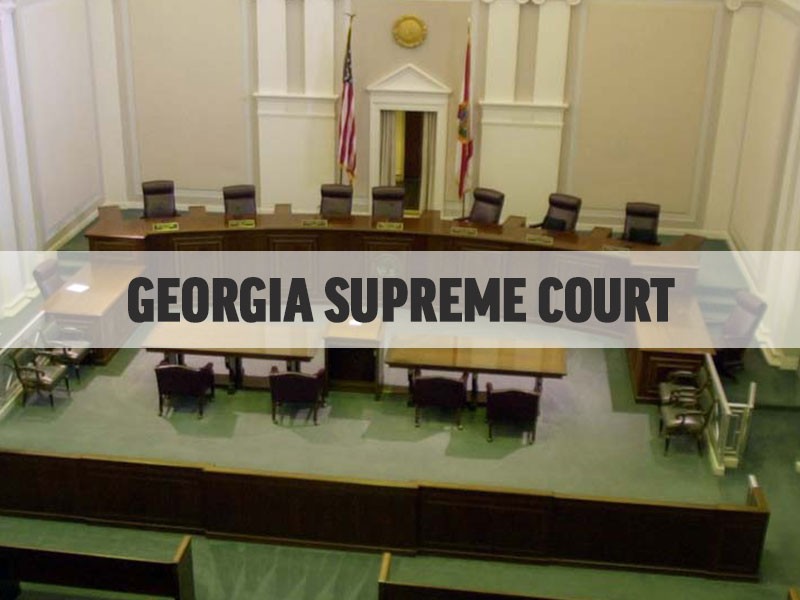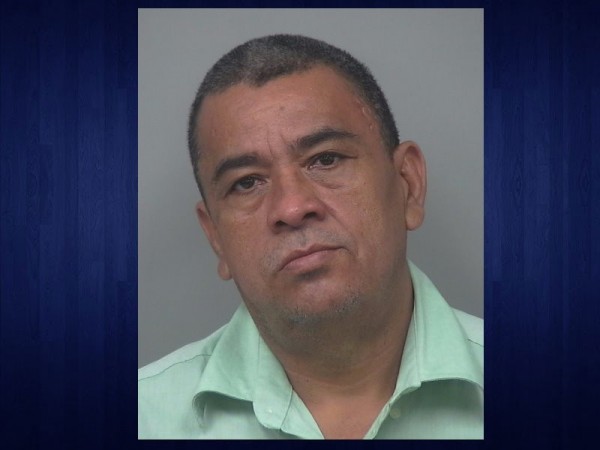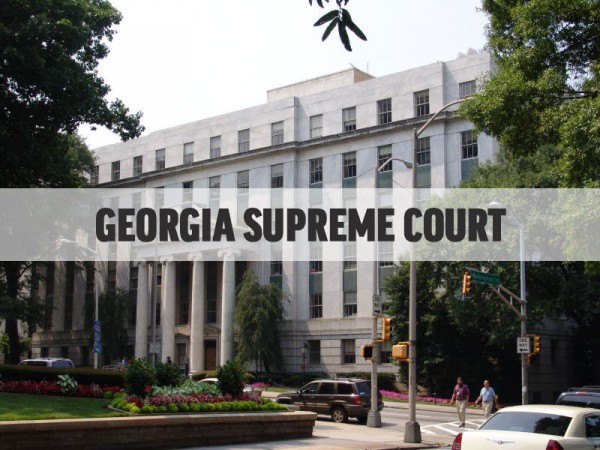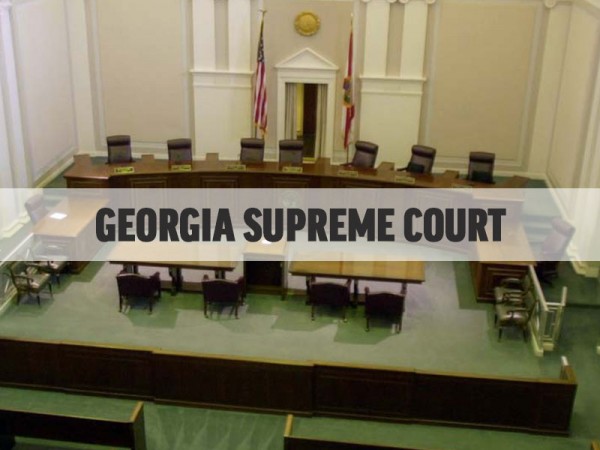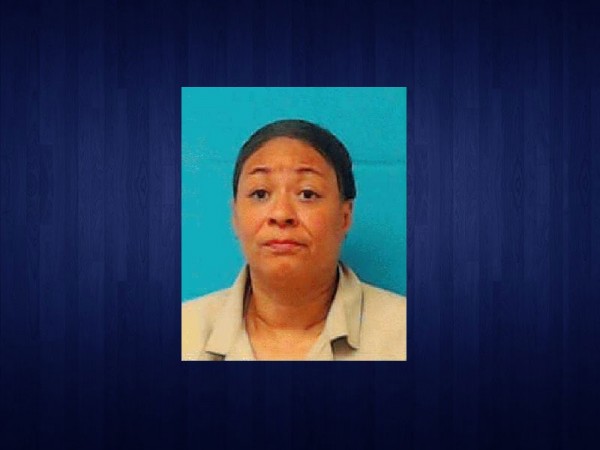The Georgia Supreme Court has agreed to hear an appeal from a health-care company being sued by the family of a woman who suffered a number of injuries and then died while in the care of a Toccoa nursing home.
PruittHealth, Inc. is appealing a Georgia Court of Appeals decision allowing a man’s wrongful death lawsuit on behalf of his deceased wife to proceed in court against one of its nursing homes, even though his wife had signed an arbitration agreement when she entered the home. Arbitration is a means for resolving civil disputes outside the courts.
FACTS: From April 2013 until her death in April 2014, Lola Norton lived at PruittHealth-Toccoa nursing home, which is owned and managed by United Health Services of Georgia, Inc. While in the facility, Lola allegedly suffered injuries and harm, including falls, fractures, weight loss, and ultimately death. Following her death, her husband, Bernard Norton through his son and power of attorney, Kim Norton, filed a lawsuit in Stephens County Superior Court, claiming several causes of action including wrongful death, and alleging that all of Lola’s injuries and death were the result of the nursing home’s inadequate care and inadequate staff. The lawsuit was against PruittHealth, United Health Services and seven other defendants who are affiliates or employees of PruittHealth. In response, the defendants filed a motion asking the court to dismiss the case, or in the alternative, to stay the proceedings and compel arbitration. The trial court granted their motion and compelled the entire case and all its claims to arbitration. Norton and his family appealed, and the Court of Appeals partially reversed the trial court’s ruling. While the Court of Appeals found that the estate claims were barred by the arbitration agreement, it reversed the trial court’s order compelling arbitration of the wrongful death claim. The appellate court found there was no evidence that Lola’s wrongful death beneficiaries had entered into an agreement of their own to arbitrate their separate, distinct claims. United Health Services, PruittHealth and the others now appeal to the Georgia Supreme Court, which has agreed to review the case to determine whether an arbitration agreement signed by a person during her lifetime, which binds her and her estate to arbitration in the event of a dispute, is enforceable against her beneficiaries in a wrongful death action.
ARGUMENTS: Attorneys for the nursing home and its owners argue that based on the Federal Arbitration Act and over a century of Georgia law, “the answer is a resounding ‘yes.’ And because the Act prohibits states from carving out arbitration agreements for less favorable treatment, any determination that arbitration agreements are unenforceable in this situation must mean that all contracts are unenforceable in this situation.” The Federal Arbitration Act “reflects an emphatic federal policy in favor of arbitral dispute,” the attorneys argue, citing a 2011 U.S. Supreme Court ruling. “The United States Supreme Court repeatedly has admonished state courts that arbitration agreements must stand on equal footing and be evaluated consistently with all other agreements.” Through her power of attorney, Ms. Norton had entered into an arbitration agreement with the nursing home. Following her death, Mr. Norton disregarded that agreement and sued in court, including in his complaint a wrongful death claim. The trial court correctly compelled arbitration on all claims. Georgia appellate courts have recognized the power of a deceased person during her life to enter a settlement agreement that will be binding on future wrongful death beneficiaries, the attorneys argue, citing a number of Georgia Court of Appeals cases. “In this case, the Court of Appeals broke from this longstanding precedent and instead treated arbitration agreements differently than other contracts.” The U.S. Supreme Court “requires that arbitration agreements be placed ‘upon the same footing as other contracts.’” If this decision is allowed to stand, “injured parties – whether a motor vehicle accident victim, hospital patient, or nursing home resident – would become unable to settle claims for full value without obtaining consent from all potential wrongful death beneficiaries, an impossibility given the unknown, unknowable, and constantly shifting pool of potential claimants,” the attorneys argue. More than 100 years ago, the Georgia Supreme Court ruled in Southern Bell Telephone & Telegraph Co. v. Cassin “that a settlement agreement entered into by a decedent during his life barred the spouse’s wrongful death claim.” Lola’s consent to arbitration is sufficient to bind her beneficiaries to arbitrate their wrongful death claim, the attorneys argue. “Rather than fostering the judicial efficiency and contractually bargained-for advantages of arbitration, the Court of Appeals pushed aside numerous decisions from this Court and ignored similar decisions from federal courts, including the United States Supreme Court. If left in place, the Court of Appeals’ decision will lead to burdensome, bifurcated proceedings in different forums with potentially inconsistent outcomes.”
Attorneys for the Nortons argue the Court of Appeals correctly determined that wrongful death beneficiaries who are not parties to an arbitration agreement are not required to arbitrate their claims. “The Federal Arbitration act does not mandate enforcement of the arbitration agreement in this matter,” they argue in briefs. “Here, Lola Norton’s wrongful death beneficiaries were not parties to the arbitration agreement” she had signed during her lifetime, and Lola “did not have the authority to send her wrongful death beneficiaries’ claims to arbitration.” Georgia law also does not require enforcement of the arbitration agreement against the wrongful death beneficiaries in this matter, the lawyers contend. United Health Services and the others incorrectly argue the Court of Appeals erred by treating arbitrations differently than other contracts. Under Georgia Code § 13-3-1, a valid contract contains three elements: subject matter of the contract, consideration, and mutual assent by all parties to all contract terms. “Lola Norton’s wrongful death beneficiaries were not parties to the arbitration contract at issue and, like any other contract related to the forum or any other procedural defense, there is simply no contract regarding their claims,” the attorneys contend. “Wrongful death claims are required to be brought by a different party than survival/estate claims, have separate damages, and a separate statute of limitations.” “Since wrongful death beneficiaries have their own separate and distinct claim, it is also logical that they should have a say in where and how their claim will be litigated,” the family’s attorneys argue. “Wrongful death beneficiaries cannot lose their right to choose their forum or whether to arbitrate their claims if they did not…sign a contract or agreement to arbitrate.” Finally, courts in other states have reached a similar conclusion as the Georgia Court of Appeals regarding wrongful death beneficiaries’ claims, the attorneys contend.


